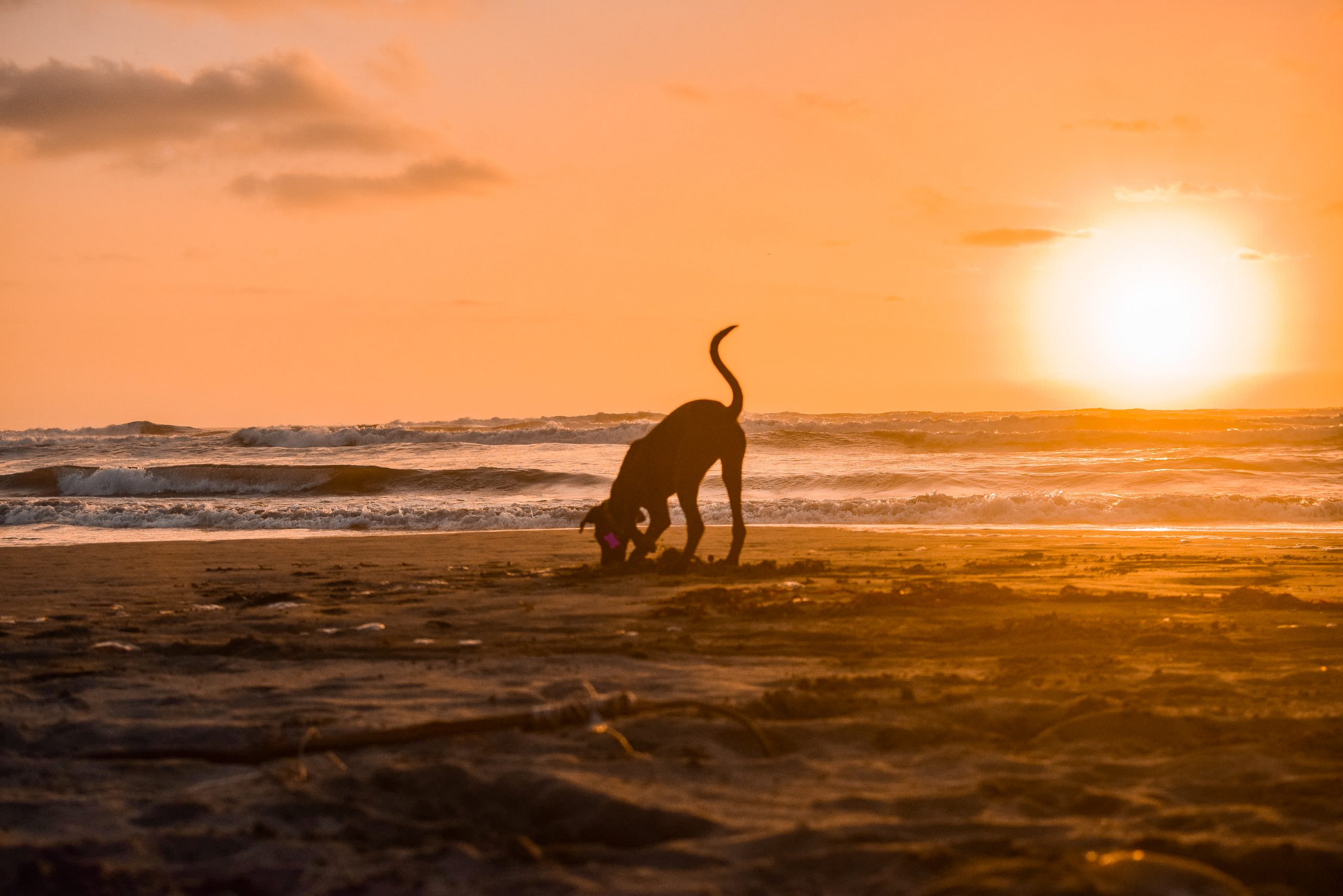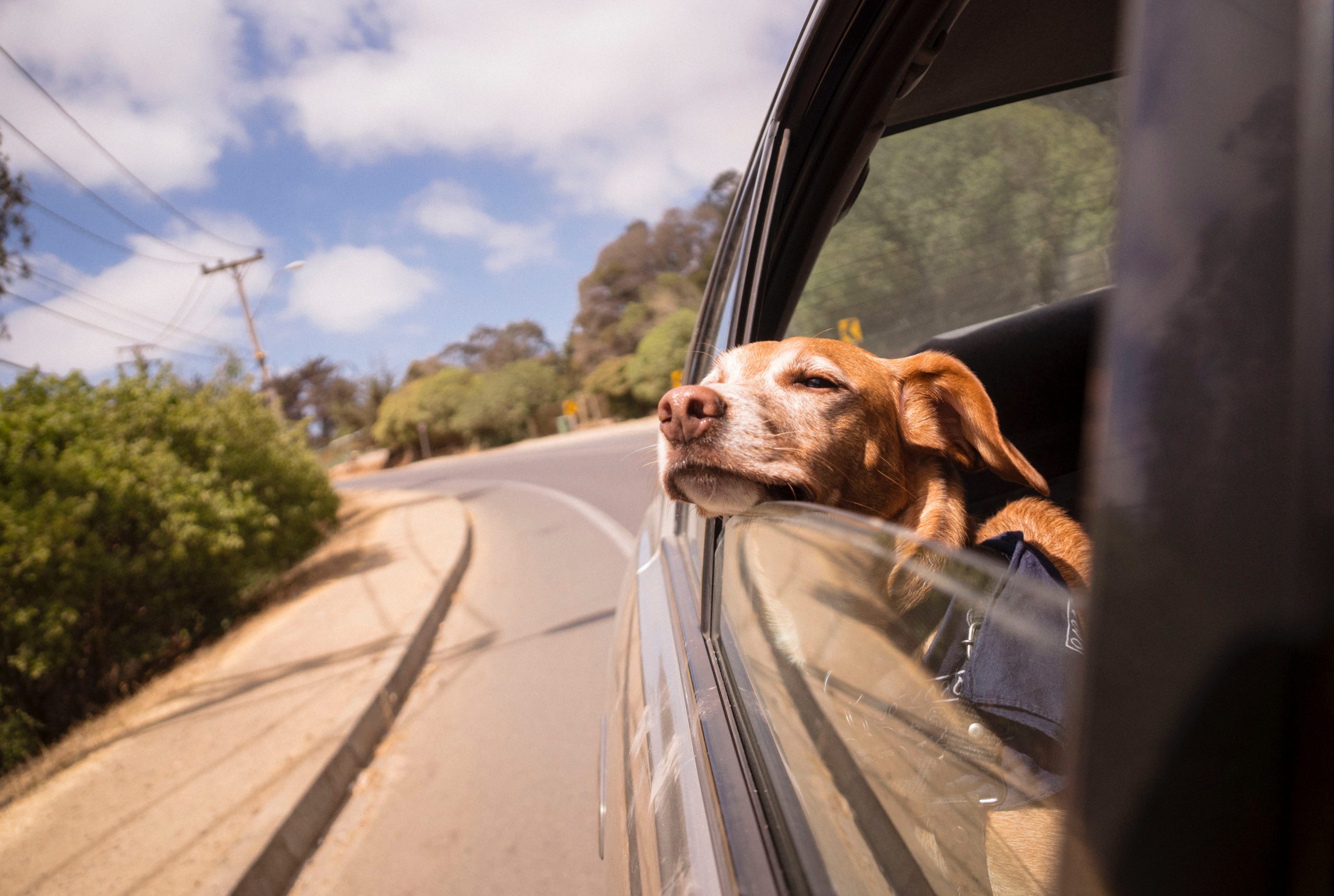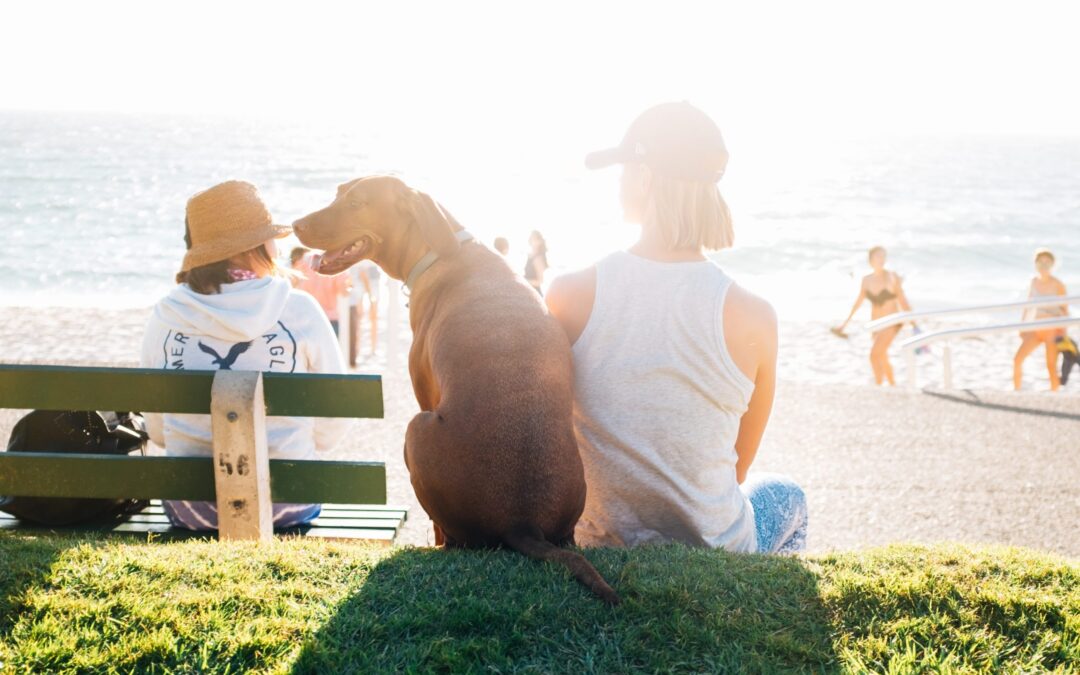Summer in Australia can present a myriad of health-related problems for our much-loved pets, from an increased likelihood of tick and snake bites to dehydration and heatstroke. Most dogs under normal circumstances can regulate their body heat by panting, much like how us humans do through sweating, and like us need shade, a cool place, and plenty of water. Brachycephalic dogs like Boxers, Pugs, and Bulldogs, however, do not have airways that accommodate efficient panting, making it exceptionally difficult, if not impossible for these breeds to regulate their body temperature so the risk of overheating increases and can happen a much milder temperatures. All dogs are at an increased risk of overheating in the extreme weather, soaring temperatures, and increased outdoor activity that the Aussie summertime generally brings.

It is important as pet owners that we put measures in place that help prevent the occurrence of overheating in our pets.
Some great starting tips to remember are ~
- Always have fresh, cool water available for your dog
- Provide ample shaded areas for your outdoor dog to cool off
- Bring pets inside during the peak temperature hours (from 10 am to 2 pm) if you can
- Avoid going for walks during the peak temperature hours – aim to take a stroll either in the morning or the evening to avoid exertion in oppressive heat. Hot surfaces also burn delicate little feet
- Keep your house cool in your absence with air-conditioners, fans, and/or cooling mats
- NEVER, EVER leave your dog in the car. Even though you think you’ll only be a minute or that the window is opened enough, this is never a good idea. The RSPCA Victoria reports that it only takes 6 minutes for a dog to overheat and die when left in a car on a 29-degree day. If you see a dog left in a car, please call 000 immediately.

It is absolutely crucial that you learn to spot the early warning signs of overheating in your dog, especially if you have a short-nosed breed known to struggle with self-regulation or if your dog has a complicated medical concern/history. Unfortunately, if left untreated, overheating can be fatal to dogs. Up to 50% will still die despite receiving veterinary treatment if the body temp increases to 40 degrees for more than a few minutes.
When our pooches experience difficulty in increasing temperatures, they’ll generally exhibit the following signs, though not all need to be evident for your dog to be in danger.
- Excessive panting
- Increase in salivation/drooling
- Difficulty breathing
- Dry or pale/blue gums
- Lethargy
- Refusal to participate in regular activities
- Decrease in food/water intake
- Fast pulse
- Vomiting and/or diarrhea
- Unconsciousness
- Bleeding from the mouth, anus and into the urine as clotting fails, this is called DIC.
If you notice any of these symptoms in your dog and suspect they are overheating, it is important that you act immediately. It is advisable to:
- Move your dog indoors to a cool, shaded area, preferably with air-conditioning or a fan
- Offer him cool water, but understand that your dog may refuse it. It is important that it is not super cool as this will cause the blood vessels in the gut to decrease flow and increase overheating
- Place damp towels over neck or armpits to reduce body heat. Cool water, again not cold can be run over the dog to bring the temp down. Combined with a fan this will create evaporative cooling. It is very important that the water is not cold because this will decrease blood flow to the skin and increase body temp, slowing cooling
- Call your vet and describe your dog’s symptoms
If you notice that your dog is experiencing limited oxygen intake or difficulty breathing, it is critical that you consult with a vet immediately, this is an emergency. We’d advise calling on your way to let your vet team know the seriousness of your dog’s health issues so they can be prepared for your arrival, avoiding further delays.
For further advice on the symptoms and treatment of heatstroke in dogs, or if you have any concerns about your dog’s health this summer, please give the nursing team a call on 03 9369 1822.

